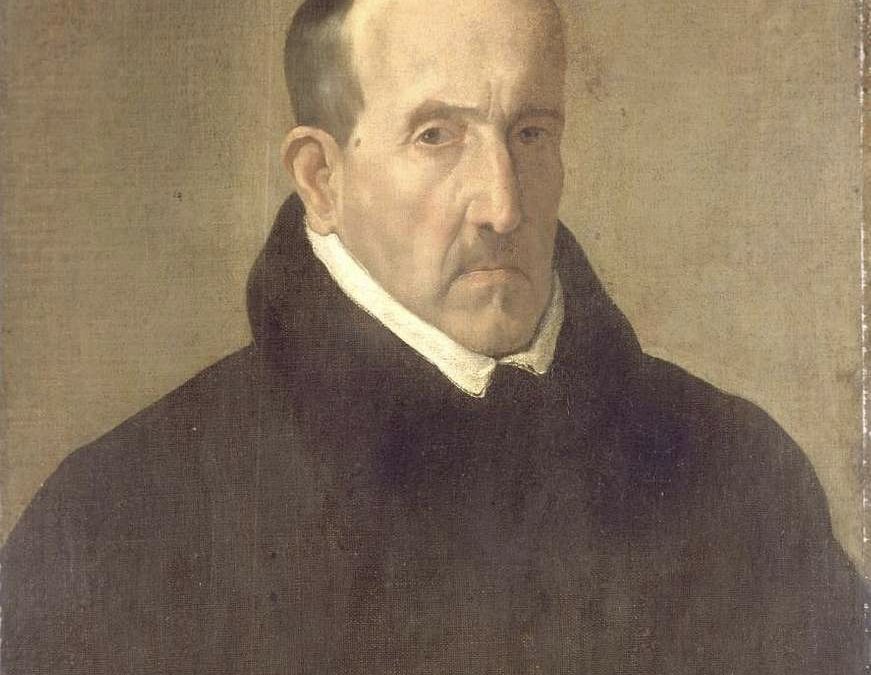Luis de Góngora y Argote (1561-1627) was one of the most prominent poets and playwrights of the Spanish Golden Age, known for his complex and erudite style that would later be called “gongorismo” or “culteranismo”. Born in Córdoba, Spain, Góngora is considered a central figure of baroque literature in Spanish, and his work has had a profound impact on later Spanish poetry.
Life and work: Góngora began his education in Córdoba and later studied at the University of Salamanca, although there is no evidence that he completed his studies there. He was ordained a priest, and throughout his life he held various ecclesiastical positions that provided him with a stable income, although not always enough to cover his taste for bohemian life.
As a poet, Góngora is famous for his innovative use of language and highly ornate and complex poetic structures. He initially wrote poetry in a simpler and more accessible style, but his later work, especially from 1610, reflects a tendency towards a darker and more elaborate style, characterized by the use of bold metaphors, cultured allusions and a convoluted syntax.
Outstanding works:
“Solitudes”: Started in 1613, it is one of his masterpieces. Although unfinished, this work is one of the maximum expressions of culteranism and continues to be an object of study and admiration for its linguistic richness and symbolic complexity.
“Fable of Polyphemus and Galatea”: Published in 1627, this work is another key example of his mature style. It is an extensive poem that narrates the classic myth of Polyphemus and Galatea, standing out for its elaborate construction and its descriptive richness.
Legacy: Góngora had both admirers and detractors during his life and beyond. He was criticized by contemporaries such as Lope de Vega and especially by Francisco de Quevedo, with whom he maintained a literary rivalry that was often personalized in mutual attacks on his writings. However, the complexity and originality of his work have assured him a prominent place in the history of Spanish literature. “Gongorism” deeply influenced later poets, not only in Spain but also in the Latin American literary world, being the object of revaluation and study at various times, especially during the 20th century with the modernism movement and later with the poetry of the 20th century. XXI who continues to find inspiration in his work.

